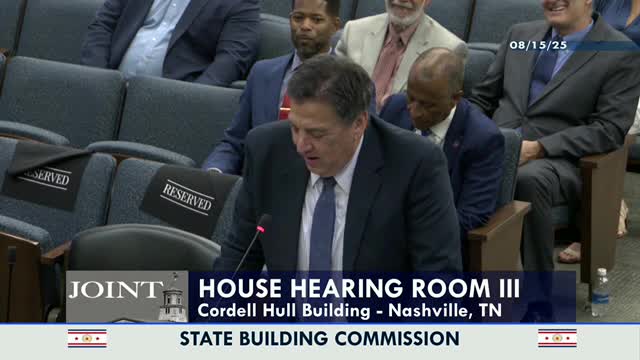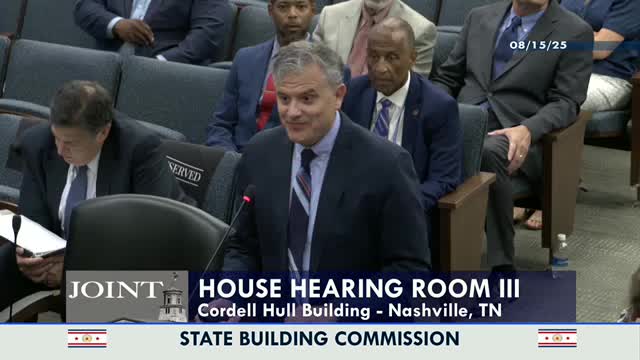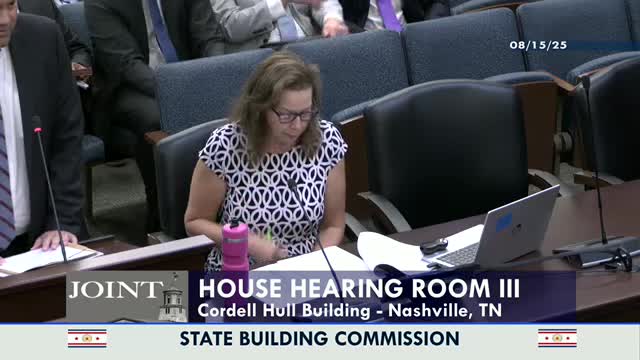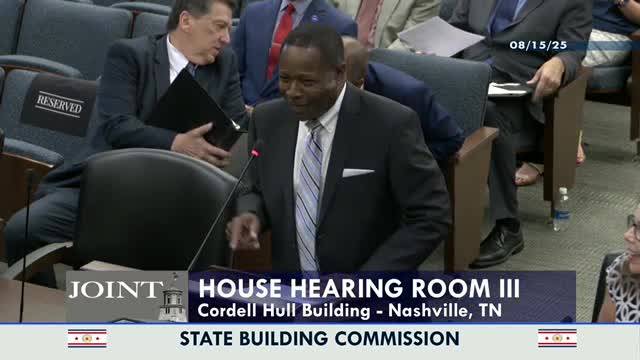Article not found
This article is no longer available. But don't worry—we've gathered other articles that discuss the same topic.

Commission approves Tennessee State University engineering building early design and budget revision

Commission adopts UT Southern master plan outlining campus growth and preservation goals

Commission approves planning funds for University of Tennessee College of Medicine interdisciplinary building in Memphis

